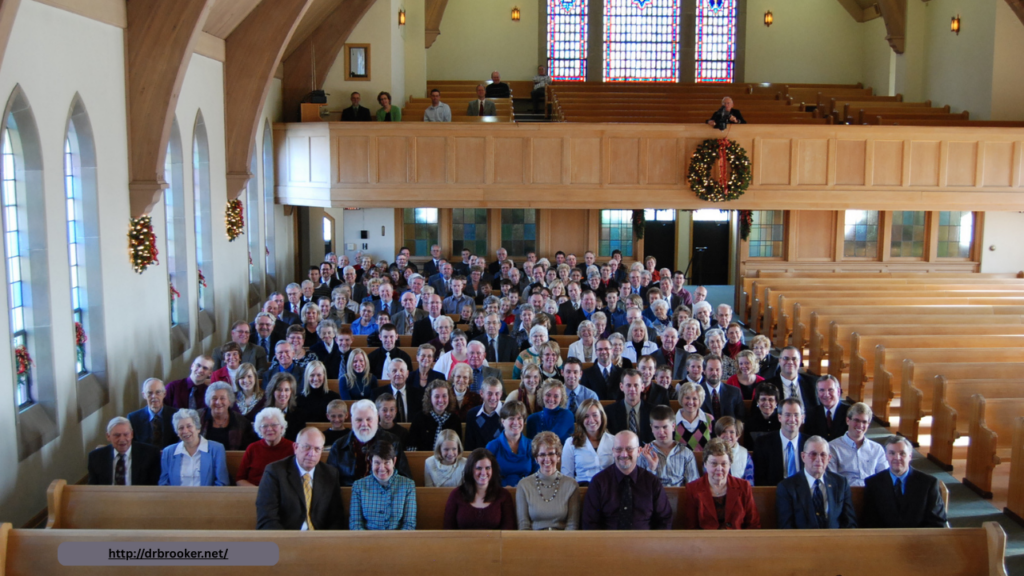
Addiction is one of the most pressing spiritual, emotional, and social crises of our time. Whether it takes the form of substance abuse, pornography, gambling, or any other destructive pattern, addiction devastates lives and fractures communities. In the face of such brokenness, the Church must not remain silent or distant. A Reformed Christian response compels the Church to engage with both conviction and compassion, grounded in the gospel of Jesus Christ.
The Church as a Hospital for Sinners
The Reformed tradition teaches that all people are fallen due to original sin (Romans 3:10-12). Addiction is one of many ways in which total depravity manifests. Because of this, the Church should never view addicts as a special class of sinners, but rather as fellow strugglers in need of grace. Jesus declared, “Those who are well have no need of a physician, but those who are sick” (Mark 2:17). The Church is a hospital for sinners—not a showroom for the righteous.
By recognizing this, the Church can create a culture of grace where addicts feel safe to confess their struggles without fear of judgment. Instead of hiding their sin, they are invited into the light of gospel community, where repentance, accountability, and healing can begin.
Preaching the Full Gospel
A Reformed Church’s primary weapon against addiction is not therapy or self-help but the faithful preaching of the Word. Romans 1:16 reminds us, “The gospel… is the power of God for salvation to everyone who believes.” The addict does not need a better version of themselves—they need to be made new. Only the gospel can deliver such radical transformation.
Preaching must highlight both the seriousness of sin and the sufficiency of Christ. It must confront the false saviors that addicts pursue, while also lifting up the true Savior who offers living water to the spiritually thirsty. The doctrines of grace—total depravity, unconditional election, limited atonement, irresistible grace, and perseverance of the saints—speak directly to the heart of the addict’s condition and offer real hope.
Community and Accountability
Reformed theology emphasizes the covenant community of the Church. Sanctification does not occur in isolation. Hebrews 10:24-25 calls believers to encourage one another and not forsake meeting together. For those recovering from addiction, ongoing discipleship and accountability are essential.
Churches must foster deep relationships where members regularly bear one another’s burdens (Galatians 6:2). This might include support groups, mentoring relationships, and regular prayer. Elders and mature believers can come alongside recovering addicts, helping them apply biblical truth to daily struggles and holding them accountable in love.
A Call to Compassionate Action
Ultimately, the Church must reflect the heart of Christ, who came to seek and save the lost (Luke 19:10). The Reformed response is not passive. It is not enough to affirm doctrine from the pulpit; the Church must actively embody the love of God to those bound in sin. This means entering into the messiness of addiction with truth, mercy, and perseverance.
Conclusion: The Church as a Beacon of Grace
In a world ravaged by addiction, the Church is uniquely positioned to bring hope. Rooted in Reformed theology, the Church offers more than programs—it offers Christ Himself. Through sound doctrine, loving community, and gospel-driven compassion, the Church can be a powerful instrument of healing and restoration for those seeking freedom from addiction.